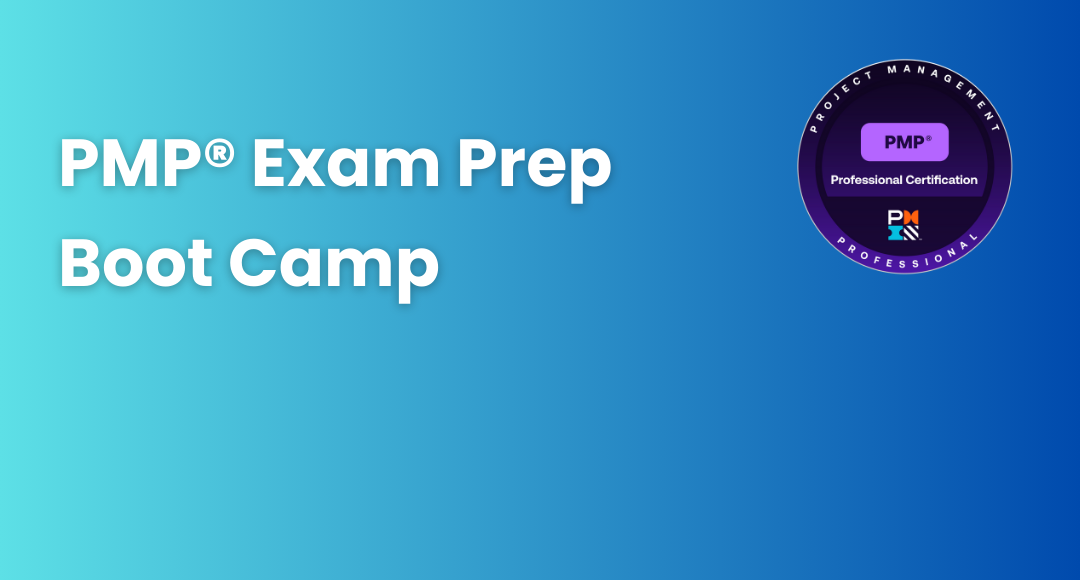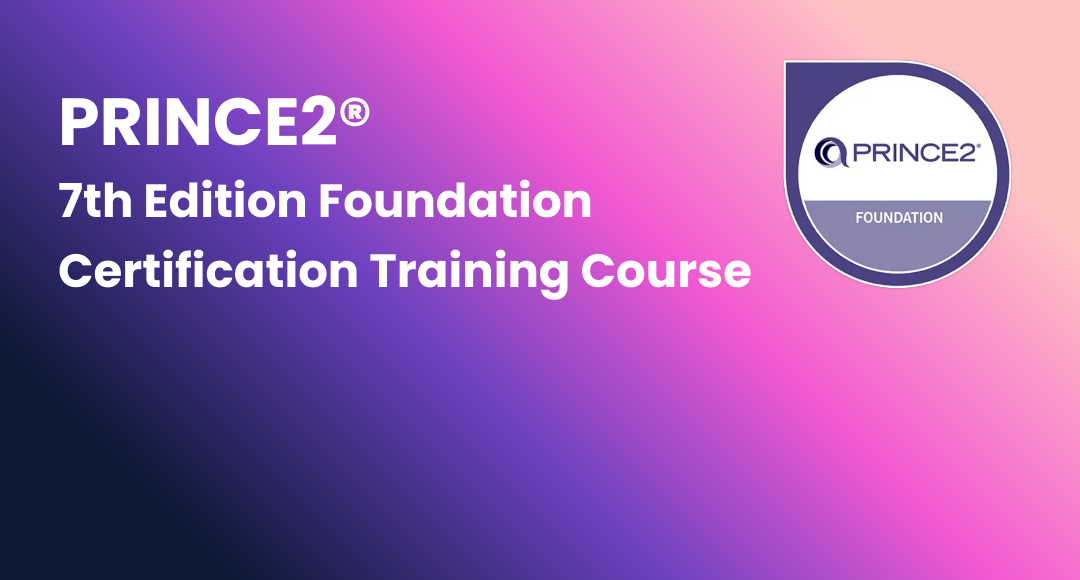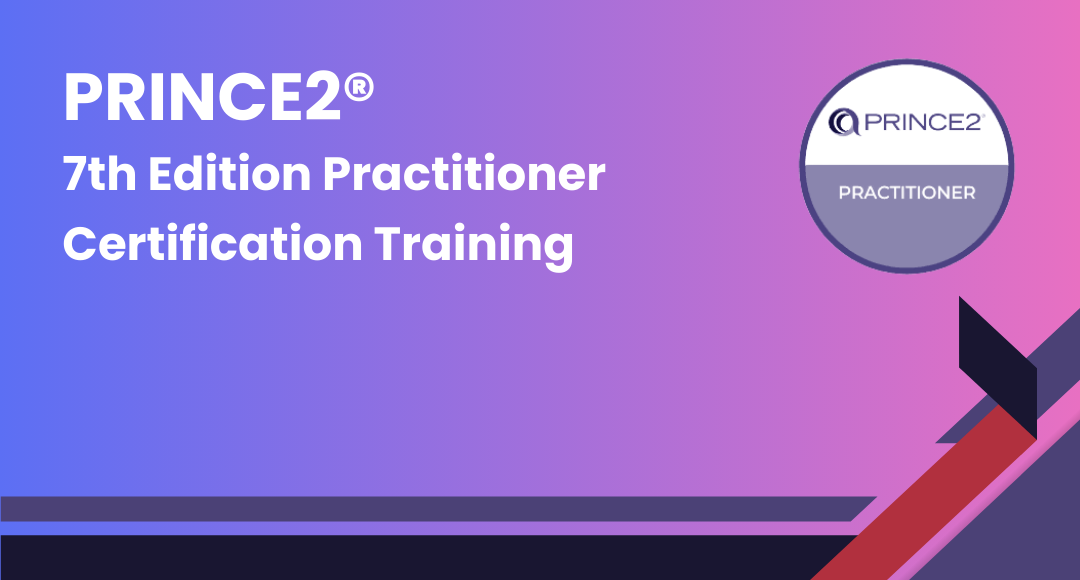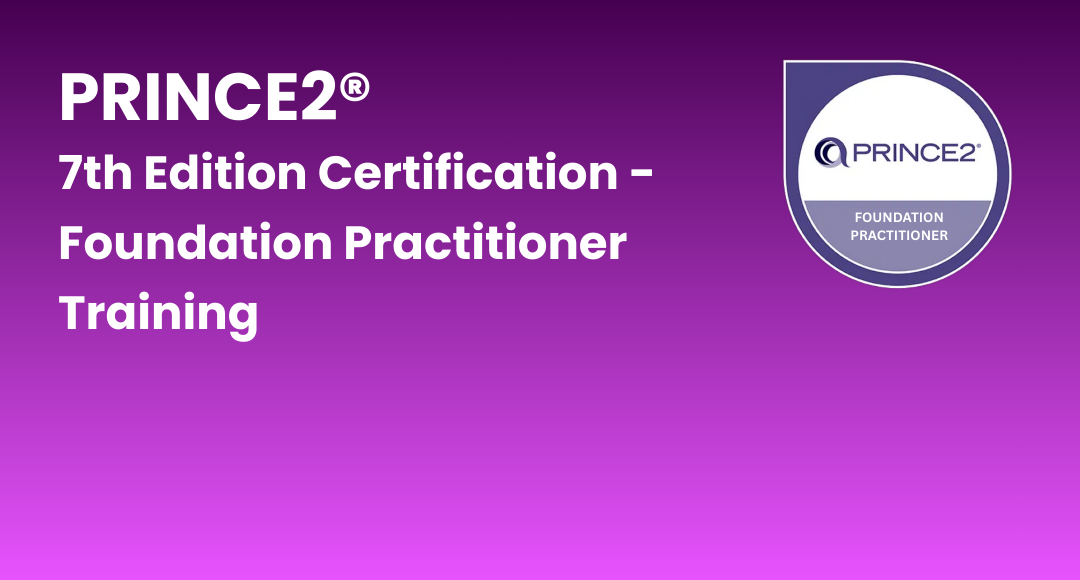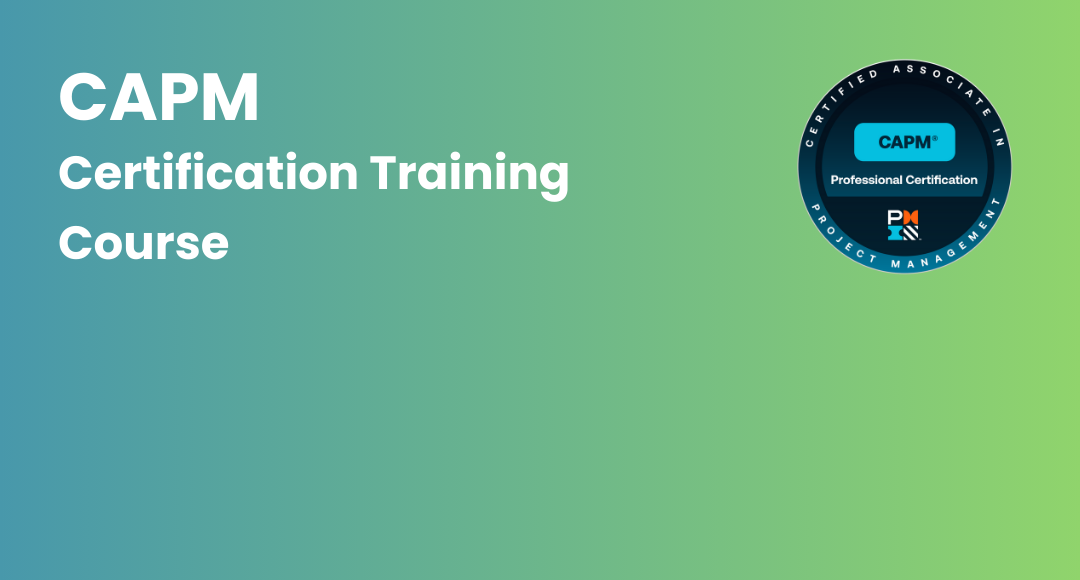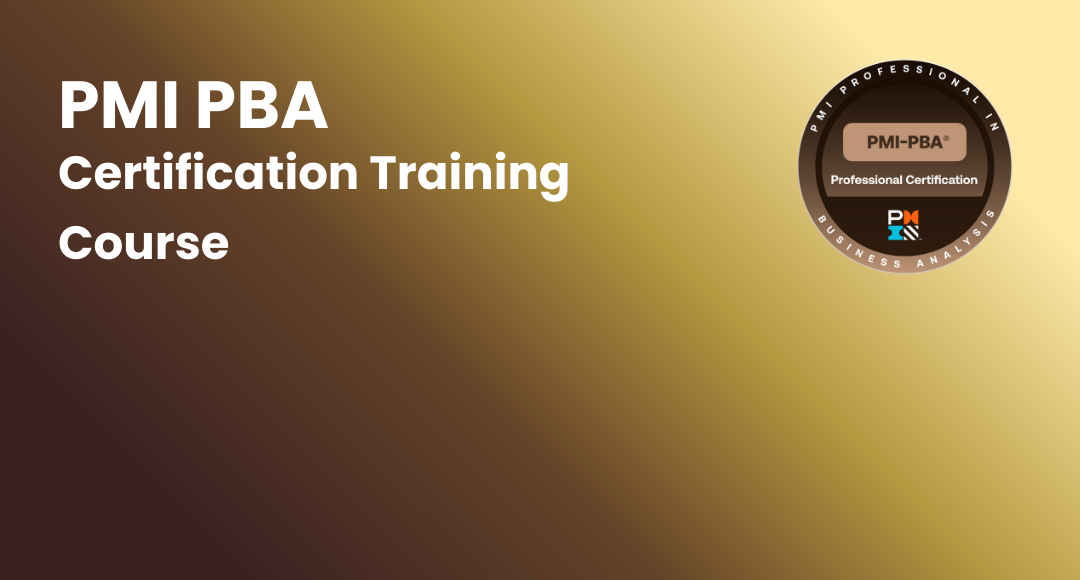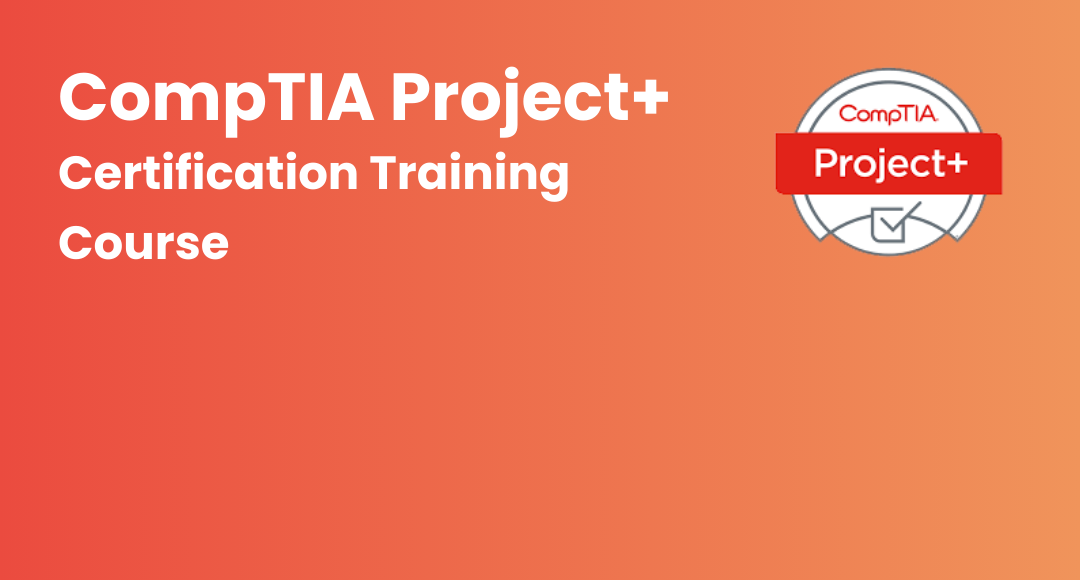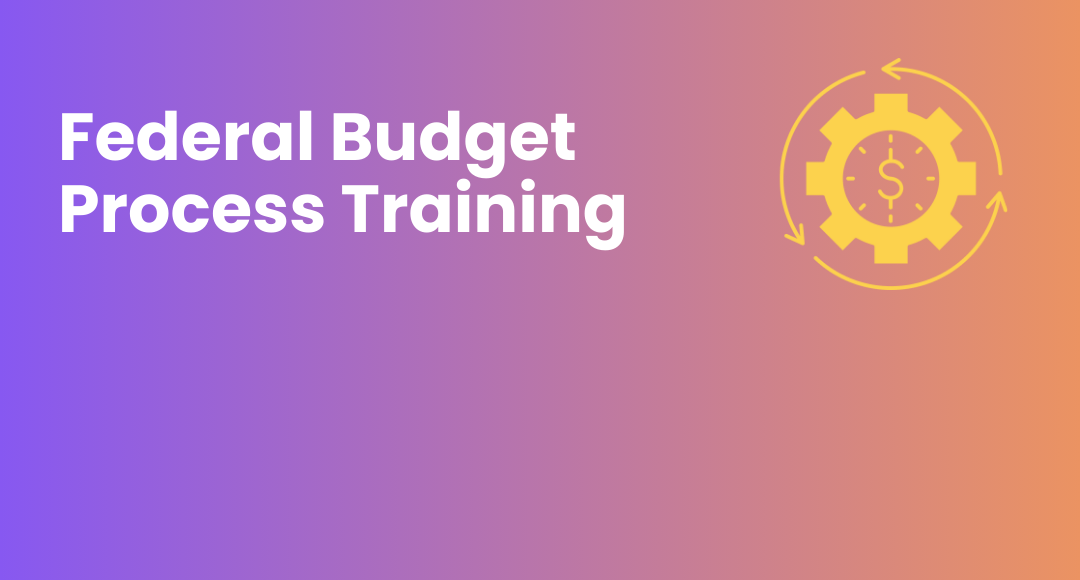What is Project Execution? A Comprehensive Guide
-
 By Nchumbeni Yanthan
By Nchumbeni Yanthan
- Published on Mar 14 2025

What is Project Execution? - The Ultimate Guide
Project execution follows the phases of initiation, scheduling, and Project planning. But, what is project execution? Project execution is the third phase in the project life cycle where the planning has been taken into action and the work is being carried out. It is the phase where the actual project work begins, and teams execute the tasks and deliverables that were previously defined.
The main work of the project starts in the execution phase. This is why organizations let project managers lay more focus and emphasis on the execution of the project which is very important in project management. In short, the execution demands more time and attention, unlike the rest of the project phases, due to the need for active management and problem-solving.
At times, you might have an effective curated project plan but there is no progress-making after the execution. This is because of the weak execution of your project. The project plan is a recommendation to guide your workflow and save time.
Let us discuss further in the article what are project execution plan is, its relevancy, and its ways to implement it for your project.
Table of Contents
What is the Purpose of Project Execution?
Project execution (or project implementation) is the phase in which the plan created at earlier stages of the project life cycle is placed into action.
The major purpose of project execution is to bring the expected project outcome and deliverables consequently.
Project execution plans initiate the procedure to execute, monitor, and control projects. The plan acts as a driving suggestion to ensure that the set activities align with the project objectives and ensure approaches to how to finish it.

This typically means everything from the attribute to the strategies with the object of your project work.
Any strategies and approaches made will be executed during this process to get the job done. Execution plays thirdly in the project lifecycle of four stages i.e., initiation, planning, execution, and closure.
As much as the execution stage sounds simple and concise, a lot of struggles take place with the change in requirements, resources, budget, or time.
If the project reaches closure but fails to deliver the expected outcome, weak execution might be the cause. And, what could be the reason? Weak execution of the project deliverables as detailed in the project plan.
Essential components including scope, objectives, resources, schedules, and risk management techniques are usually included in a project execution plan example. Project managers can use this example as a helpful resource to better understand how to plan and coordinate their project execution phase.
Project managers account for multitasking to evaluate and supervise team activities to derive quality deliverables from the team performing the activities. Therefore, putting effort into and nailing the execution stage is the most crucial part of a successful project.
Project Execution Strategies
How do we direct execution gaps without having to think about it? Various strategies can be implemented rather than actually applied, especially with projects piling up and pushing the deadlines. Some of the best strategies to use for your team’s project execution are as follows:

Project Execution Strategies
Start-to-End Goals
Team Discussion
Maintain High Performing Team
Celebrate Success
Monitor, Report &Track Progress
Start with a Finish in Mind
Muster up and begin the project with the best intention in mind of how the project will result. To do so, think beforehand about the training, changes, and other requirements that might take place.
The project manager must make certain that the project execution strategy must align with the overall company strategy.
Tip: Divide large goals into smaller tasks to make a clear and manageable plan.
Discuss with your team members
Nothing beats best against the project odds if you have a practice of clear communication and feedback with your project team. It may include meetings with the team members, project stakeholders, and the management team to help identify issues early on and reduce the chances of misunderstandings. Frequent feedback loops can help correct course when needed and improve team collaboration.
Tip: Implement structured feedback sessions and use collaboration tools to maintain transparency across the team.
Develop a high-performing team
No strategy will succeed without a competent and motivated team. Collaborate and keep high-performing project members that align with your mission, vision, and goals. Establish team norms that foster the contribution of ideas, solution-finding ability, togetherness, and ownership at the task level. In a team, trust is required for flow direction.
Tip: Promote cross-functional collaboration and designate roles and responsibilities clearly to prevent confusion.
Celebrate victories
It's always important to appreciate and celebrate the mini-success of your project. It is a formula to boost team morale, motivation, attitude, and productivity. Celebrating successes reinforces that their hard work is valued, helping the team maintain momentum toward the project’s larger goals. The power of positivity builds bridges to project completion and success.
Tip: Consider giving out small rewards or acknowledgments for mini-milestones to keep the team energized.
Track Progress
For project completion, keep a watch to constant track of how your project is heading and progressing. Monitoring also helps measure performance against key project metrics, keeping you informed about resource utilization, timelines, and budget adherence. By maintaining visibility into the project, you can adjust strategies as needed and avoid unnecessary delays.
It enables tackling potent problems quickly and maintaining performance through accountability.
Tip: Make sure everyone is aware of the project's progress by scheduling frequent check-ins and updating stakeholders.
Suggested Read: Project Controlling And Its Importance In Project Management
How to Implement a Project Execution Plan?
Here is how to implement a project execution plan:
- First, put up a brief meeting to strategize and define the project before commencing the work.
- Take feedback and review it.
- Distribute and assign the work. Give a clear idea of who will be performing which tasks.
- Analyze the planning to find out the risk that might occur.
- Have a consistent track of your work and track Key Performance Indicators (KPIs).
- Maintain reviewing the work process and steps of your team members. This will ensure that everybody is on the same page.
- Be flexible with the changes
- Have clear communication with teams and stakeholders
- Set up with changes successfully
Advantages of Project Execution Plan
- The advantages of good project execution are;
- Develop action to achieve the set goals
- Boosts time and budget efficiency
- Identifies issues early and provides a framework to resolve them
- Maintains team morale
- Good results for stakeholders
- Think ahead and pre-plan for future opportunities
Bottom Line
In a project, the execution phase deals with the challenges of centralizing communication, personnel, strategy, scope, sponsor, time, and others. When teams have clarity and direction, they not only stay on track to meet deadlines but may also exceed expectations. By applying the strategies discussed above, you can avoid potential pitfalls and ensure smoother execution.
To become an expert in executing the project, applying the strategies that we have discussed above will help you to avoid and solve the potential pitfalls.
Whether your project outcomes are positive or negative, always take out the learnings from this experience and move on to the next project knowing better.
If you are interested in honing your skills in the project management field, it is best to enroll for PMP Certification Training and be certified by a reputed source like Sprintzeal.
We cater to the best training courses globally led by expertise with curated courseware. For further details or any queries regarding the course, you can send an email or chat with our expert for any assistance.
Frequently Asked Questions
1) What is a project execution plan?
A Project Execution Plan (PEP) is a document that defines and outlines how the project is to be executed, monitored, and controlled. The plan establishes strategies for how your team will perform on everything to get the work done as per the project plan.
2) What is the execution phase of a project?
The execution phase is the third phase in the project management lifecycle. It is the phase of a project where all set tasks take into action.
3) What is project execution in project management?
Project execution in project management is the phase in the project life cycle when the project activities are performed and materialized. Everything in the project plan is put into motion with actionable tasks to get the projects on the right track.
4) What is important in project execution?
Along with your project execution plan, it's important to centralize communications with the teams.
5) What is an example of project execution?
A few examples of project execution may include developing a new process, distributing a service, or contributing a product. The examples are either internal or external. The means of execution depends on the approaches taken by a project manager.
6) How do you write a project execution?
Let's begin with the steps below to come up with a project execution plan.
Step 1: Build and set up the actionable tasks.
Step 2: Create the timelines.
Step 3: Distribute and assign the tasks accordingly.
Step 4: Regularly monitor work progress.
Step 5: Have discussions and practice communication.
Step 6: Take feedback and connect with the stakeholders.
Step 7: Optimize and scheme changes.
Popular Programs
Trending Posts
Financial Risk and Its Types
Last updated on May 17 2024
Product Manager Career Path: What to Expect
Last updated on Nov 7 2023
Gantt Chart Tools - Best of 2026
Last updated on Sep 22 2022
PERT vs CPM in Project Management
Last updated on Sep 2 2022
An Ultimate Guide to Project Coordinator Career Paths
Last updated on Apr 21 2025
Project Management Complete Guide 2026
Last updated on Jan 6 2023
Categories
- Other 83
- Agile Management 49
- Cloud Computing 58
- Project Management 175
- Data Science 70
- Business Management 89
- Digital Marketing 88
- IT Service Management 36
- Programming Language 61
- AI and Machine Learning 94
- IT Security 113
- Quality Management 78
- IT Hardware and Networking 28
- Microsoft Program 5
- Workplace Skill Building 15
- Risk Management 10
- Information Security 8
- Leadership and Management 10
- Corporate Training and Development 1
Trending Now
Issue Log in Project Management - Uses and Importance
ArticleSupply Chain Response And The Factors Involved In It
ArticleBest Agile tools for Project Managers in 2026
ArticlePMI-PMP® Exam Changes Explained in 5 Minutes
ebookProject Initiation Phase - Importance and Roles Involved
ArticleDelphi Technique and Its Role in Project Management
ArticlePMBOK Guide and Project Management Certification Updates 2026
ArticleHow to Use Google Calendar as a Project Management Tool
ebook10 Reasons Why You Should Get PRINCE2 Certification
ArticleCAPM Cheat Sheet 2026
ArticleCAPM Certification Study Guide
ArticleCAPM Certification Exam Preparation Guide 2026
ArticleTop Benefits of CAPM Certifications
ArticleGuide to Advancing Project Management Career with PMP Certification
ArticlePMP Vs PRINCE2 - Which Project Management Certification is Better?
ebookProject Management Interview Questions and Answers for Managers
ArticleProject Management Software to Use in 2026
ebookBest project management certifications in 2026
ArticleProject Feasibility Study in Seven Steps
ArticleCAPM vs PMP – Which Project Management Certification Is Better?
ArticleProject Scope Management Guide 2026
ArticleProject Management Complete Guide 2026
ArticleCAPM Exam – Difficulty, Details and Preparation Tips
ArticleWhat is Project Management?
ArticleIs it worth getting the CAPM certification?
ArticleIs PMP Better than MBA?
ebookWhat is PMI ACP certification?
ArticleIs PMP exam difficult?
ArticleIs PMI ACP worth it?
ArticlePMP or CAPM – which is better?
ArticleWhat is pass percentage for the CAPM exam?
ArticlePMP or PMI ACP – which certification should you get?
ArticlePMP Certification Cost Details
ArticleHow to get PMP certification - Guide 2026
ArticleHow to create an effective project plan
ArticleTop Project Manager Interview Questions and Answers 2026
ArticleGuide to Change Management for Organizational Transformation
ArticleResource Manager Interview Questions and Answers 2026
ArticleTop Project Manager Qualifications and Career Path in 2026
ArticleNetwork Diagram - Types, Topology and Use in Project Management
ArticleProject Management Life Cycle and Its Phases
ArticleGuide to Project Management Processes, Methodologies and Lifecycles
ArticleProcess Capability Analysis Explained
ArticleFinancial Risk and Its Types
ArticleConstruction Project Management - Roles, Stages and Benefits
ArticleRisk Management Strategies in Project Management
ArticleProject Management Principles - 12 Essentials
ArticleProject Management Framework Guide
ArticleStrategic Management Guide 2026
ArticleProject Management Books List - Best of 2026
ArticleProject Documentation and Its Importance
ebookProject Management Tips - Best of 2026
ArticleProject Management Apps Best of 2026
ArticleDigital Project Manager – Skills, Salary, and Scope
ArticleProject Communication Plan – How to Create and Use
ArticleEarned Value Management and Its Significance
ArticlePlanning Poker Estimation Technique
ArticleProject Management vs Product Management
ArticleProject Crashing in Project Management
ArticleProject Controlling and its Importance in Project Management
ArticleProject Report and its Significance in Project Management
ArticleEstimate at Completion - Formulae and Calculations
ArticleProject Cost Management Guide 2026
ArticleProduct Lifecycle Management
ArticleProject Portfolio Management Guide
ArticleProgram Manager vs Project Manager - Comparison of Roles and Careers
ArticleWBS Dictionary - A Beginner's Guide
ArticleStakeholder Analysis and Stakeholder Management Guide
ArticleProject Management Phases Explained
ArticleProject Management Knowledge Areas
ebookLeadership Theories for Managers
ebookPMP Pass Rate in 2026 - Guide to Clear the PMP Exam
ebookProject Schedule Management Guide for Beginners
ebookProject Integration Management Guide
ArticleProject Risk Management Guide
ArticleProject Resource Management Guide
ArticleProject Quality Management Guide
ArticleProject Procurement Management Guide
ArticleProject Deliverables in Project Management
ebookConflict Resolution in Project Management
ebookPERT vs CPM in Project Management
ebookGantt Charts - The Ultimate Guide
ebookWork Breakdown Structure in Project Management
ebookTop Gantt Chart Makers in 2026
ebookGantt Chart Tools - Best of 2026
ebookHow to create a work breakdown structure
ebookProject Manager Resume Guide – Best Tips and Examples
ebookProduct Management Frameworks - The Ultimate Guide 2026
ebookProduct Planning - A Beginner's Guide
ebookWhat is Product Management? - A Beginner's Guide
ebookGuide to Project Stakeholder Management
ebookPMP® Certification Salary: Job and Salary Scope in 2026
ebookTop Project Engineer Skills
ebookGuide to Technical Project Management
ebookTop 10 project management competencies
ebookNegotiation in Project Management: The Utimate Guide
ebookTime Management in Project Management - Steps to Implement it
ebookTop Program Manager Skills of Successful Program Managers
ebookA Brief Guide to Conflict Management Approaches
ebookWhat is a Risk Management Plan? A Comprehensive Guide
ebookWorkflow Diagram - Steps to Create, Symbols, Types, and Uses
ebookBest Practices to Measure Resource Utilization
ebookWorkload Management: How to Optimize Your Team’s Workload?
ebookProject vs Program Management: Key Differences
ebookKanban Methodology in Project Management – A Complete Guide
ebookHybrid Project Management Guide 2026
ebookProject Characteristics: Key Elements in a Project
ebookThe Ultimate Guide to the Waterfall Methodology in Project Management
ebookProject Budget: Definition, Overview & How to Create One
ebookThe Ultimate Project Kickoff Meeting Guide
ebookProject Timeline: How to Build One, Definitions, and Examples
ebookProject Scope Statement: How to Write One With Example
ebookStatement of Work in Project Management Guide 2026
ebookProject Management in Product Development : Essential Role
ebook10 Best Change Management Tools to Use
ebookMastering Resource Scheduling to Unlock Project Success
ebookProject Risk Analysis: Tools, Templates & Best Practices
ebookHow to Write a Project Summary: Four Easy Steps
ebookTop Leadership Skills: Mastering the Art of Effective Leadership
ebookHow to Write a Project Descriptions: A Step-by-Step Guide
ebookWhat is Project Monitoring? A Comprehensive Guide
ebookWhat Are Project Fundamentals? A Quick Guide
ebookKanban Board: A Detailed Guide to Understanding and Usage
ebook10 Effective Management Styles for Leaders (With Real-Life Examples)
ebookProduct Manager Career Path: What to Expect
ArticleCareer Path for Program Manager - Strategic Navigation for Professional Growth
ebookExploring Career Path for Product Owner
ebookAn Ultimate Guide to Project Coordinator Career Paths
ebookHow to Become an ISO 21502 Lead Project Manager
ArticleWhat are the Basics of ISO 21502 Foundation? A Brief Guide
ebookThe Role and Responsibilities of an ISO 20400 Lead Manager
ArticleEnergy Saving Standards and ISO 50001 Best Practices
ebookComparing Different ISO Certifications for Project and Energy Management
ebookGuide to ISO Certifications for Effective Project and Energy Management
ArticleWhy ISO 50001 is the Perfect Match for Energy Efficiency?
ArticleAI Tools for Project Managers: A Game Changer for Project Success
ArticleAbout Disney’s Project Management: Where Magic Gets Real
ArticleMcDonald's Recipe to Success - A Perfect Project Management Case Study
ArticleToyota’s Project Management: A Road to Greatness and Innovation
ArticleNetflix's Binge-Worthy Project Management
ebookUnder Armour’s Project Management Approach
ArticleWipro Project Management: Core Lessons from Tech Giant
ArticleProject Management at Google: Tools and Success Stories
ArticleCoca-Cola Project Management Strategy and Key Insights
ArticleAI in Project Management: Transforming the Future of Work
ArticleBehind the Scenes: How Apple Executes Projects with Flawless Precision
ArticleTesla's Advanced Project Management: Accelerating the Future
ArticleBeats to Business: Spotify's Project Management to Redefine Music
ArticleTop AI Project Management Software to Elevate Your Workflow
ArticleProject Management Office: Step-by-Step Guide to Start a PMO
ArticleWhat is a Project Management Information System?
ArticleHow Microsoft Balances Innovation and Project Management?
ArticleWhat is Agile Project Management? A Beginners Guide
ArticleIKEA Project Management: What to Learn and Stay Competitive
ArticleHow Did Nike Become a Global Leader?
ArticleIntel's Master Project Management Formula
ArticleSamsung Pioneer in Project Management: The Secret Behind It
ArticleAmazon Logistics Strategies That Dominate Retail
ArticleRemote Project Management Success: Key Strategies and Career Opportunities
ArticleStreamlining Workflows: The Best Digital Tools for Professionals
ArticleUnderstanding the Financial Risks in Sponsorships and How to Avoid Them
Article3 Real Disasters That Teach Critical Project Risk Planning Lessons
ArticleInterview scheduling automation: Streamlining the candidate experience
Article3 Quality Gaps That Can Ruin Your Project Outcomes
ArticleBest 4 Construction Drawing Management Tools to Boost On-Site Efficiency
ArticleEssential Jira Interview Questions for 2026
ArticleProduct Development Cycles That Keep Innovation on Schedule
ArticleSmarter Projects with AI
ArticleLegal Project Management for PMs: A Practical Starter Guide
ArticleProject Manager Job Description: Roles, Responsibilities, and Skills
ArticleProduct Analyst Job Description – Key Duties and Career Path
Article7 Team Assessment Tools for Project Management
ArticleHow MVP Development Is Transforming Project Management
ArticleWhy AI for Project Management is the Great Reset for Leadership
Article

